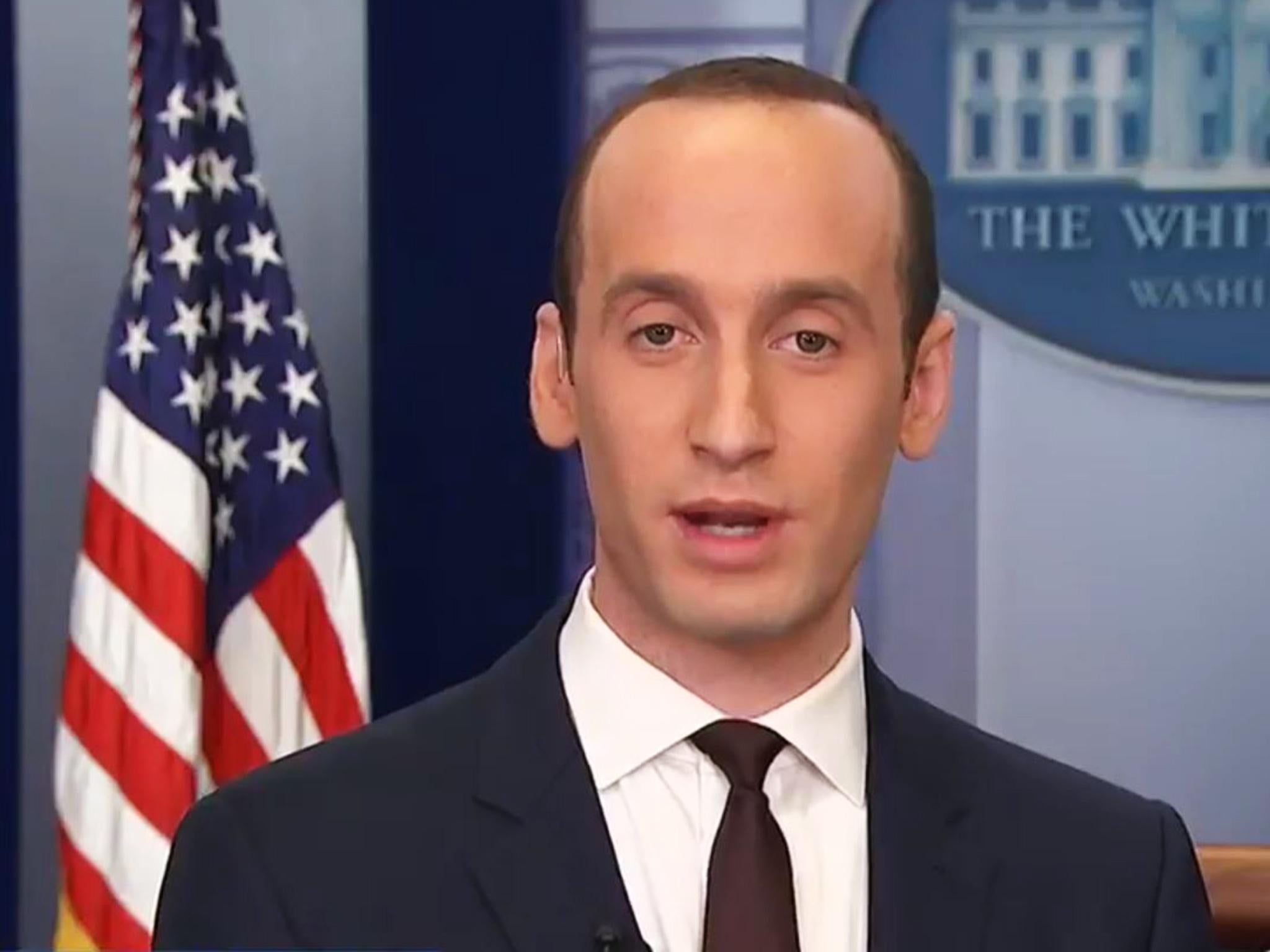The Deep State conspiracy theory is making us all play defense
Now even a White House senior policy advisor is going on TV making mention of the Deep State in reference to the Ukraine whistleblower, we have a problem


For years after 9/11, fair-minded people would sometimes have to battle it out with a conspiracy theorists about who perpetrated the attacks. It almost always centered around George W Bush: one particular pervasive theory was that he ignored warnings as an excuse to go to war. Others suggested that a shadowy government insider might have helped coordinate terrorism (famous YouTube videos claimed that the World Trade Center was bombed from within, for example.) We know that these rumors have no basis in reality.
But conspiracy theories are often not flat-out lies. It's easier to get people to believe a conspiracy theory if it contains one or more truths. It is how some of President Trump's supporters have pushed and managed to convince others of the "Deep State" conspiracy to bring down the Trump presidency.
The “Deep State" is a supposed cabal of powerful, unelected bureaucrats secretly pursuing their own agenda, as opposed to that of the president and his administration. In the case of Trump, it's a bunch of career operatives in the State Department and the intelligence community, hell-bent on making sure Trump's agenda gets foiled at every turn.
Born out of the Russia investigation, the Deep State conspiracy doesn't necessarily give Trump deniability but allows him and his defenders the wiggle room to deflect criticism, by going after the people accusing him of wrongdoing and attacking their motives.
The latest scandal involving the president involves a whistleblower reporting on Trump asking Ukrainian President Volodymyr Zelensky to investigate Joe Biden and his son, Hunter, while possibly holding up hundreds of millions in promised financial aid.

The first line of defense was to attack the allegations as "hearsay" since the whistleblower did not have direct knowledge of what transpired on Trump's phone call with Zelensky. The White House, in perhaps shortsighted thinking, believed it would benefit them to release a memo of the phone call. But that only wound up corroborating the IG report.
It was soon after when the Deep State accusation started getting thrown around at the whistleblower who is said to be a career employee and analyst at the CIA.
If it were only anonymous Twitter trolls and crackpot talk-radio hosts spreading such information, it would be one thing. But it was Stephen Miller, the White House senior policy advisor, in an interview with Chris Wallace on Fox News who said the whistleblower was a "Deep State operative, pure and simple." He also said, "You have a group of unelected bureaucrats who think that they need to take down this president… publish hit pieces, and they publish fake stories."
Another element to the conspiracy came out over the weekend when Trump supporters claimed the whistleblower rules changed to allow second-hand knowledge of wrongdoing instead of direct in August 2019, days before the whistleblower filed his complaint. Hmm! How convenient.
Naturally, Trump-friendly outlets ran with the accusation, including Gateway Pundit featuring a graphic that says, “Deep State war”. The president himself latched on to it, tweeting:
The problem is, it's not true. While there were changes to some of the forms, neither the law nor the rules and guidelines changed. Irvin McCollough of the Government Accountability Project, an organization that specializes in whistleblowing, shared in a tweet a screenshot of a whistleblower complaint template from 2017, that says the person can have "direct or indirect evidence" of events.
Unfortunately, with the reach the president has with his Twitter account alone, plus the bully pulpit and Trump-friendly media outlets and social media working at warp speed, the administration gets this misinformation out there and into the zeitgeist.
The result is a muddying of the waters, allowing the president and his defenders to ignore the underlying issues and instead try to misdirect and cast blame on a rogue anti-Trump contingent within the United States government. It helps them to try and create doubt and confusion. And those who defend the whistleblower process are doing just that — playing defense.
In doing so, it takes the focus off the real problem — which is the president of the United States asking a foreign government to investigate a possible 2020 political opponent.
Join our commenting forum
Join thought-provoking conversations, follow other Independent readers and see their replies
Comments
Bookmark popover
Removed from bookmarks